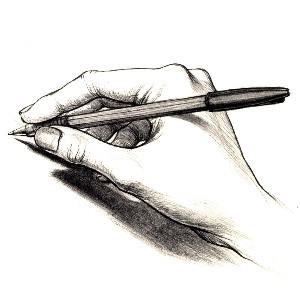
MIND MAPS
Create a mind map each week. (Always check the week-by-week schedule.) Basic information regarding mind mapping will be discussed briefly in class, but additional information can be found by Googling “mind map” or consulting The Mind Map Book (Tony Buzan). Also, check the links page. Examples from Sarah Williams's "Reading Jouissance as Ananda" that used mind maps can be found at: http://academic.evergreen.edu/curricular/ananda/main.html
At the center of each map place a question that arises out of that week’s reading. From this central question, use the map to follow your lines and circles of thought. By "thought" we mean more than simple intellection or understanding or answers to the central question; we want you to find a question that will launch a sensual inquiry. Ivan Illich said, “It’s no longer common for people to use their senses to discern the truth” (Ode Magazine). The mind map is a chance to explore not just what occurs in the mind but also the sensibilities provoked by this inquiry.
Respect Buzan's "mind map laws":
- Use emphasis
- Use association
- Be clear
- Develop a personal style
- Use hierarchy and numerical order in your layout.
Click here for a summary and elaboration of these laws.
Once you have completed your mind map, notice what the map says about what attracted your attention in this week's readings. The central question is not just a question about the text; it is an indication of your state of mind and your orientation right now. Now ask: Is there something in this map that requires attention in my independent project? You should use this device, every week, as a means for reflecting on the current status of your independent work. The mind map is a disciplined practice for opening questions. It will help you resist ignoring or closing connections between the program texts and your independent research, questions that inevitably arise. Hugh of St. Victor, Ivan Illich’s friend from the 12th century, reminds readers that humility teaches one to “hold no knowledge or writing whatsoever in contempt.” Your mind map may not seem like “real work” and you may be inclined to ignore it. But approach it with humility, as if your chartings and plottings and circlings might be revelatory.



